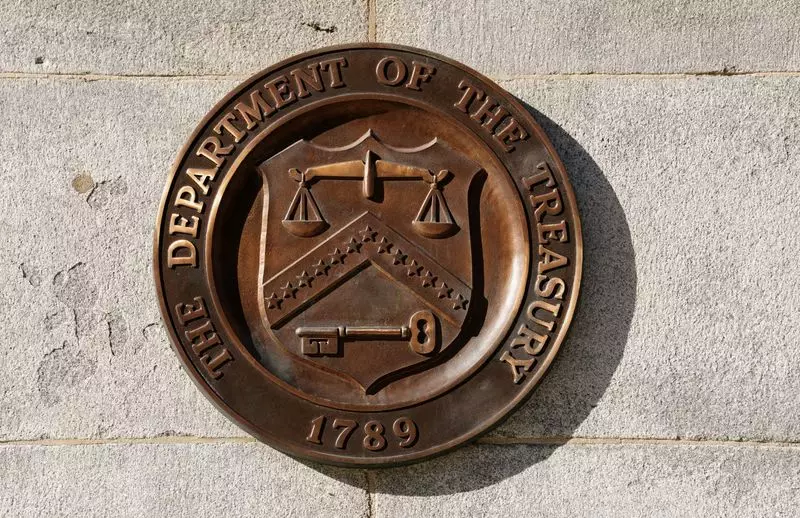Scott Bessent’s career trajectory is nothing short of remarkable. Having trained in the open waters of finance under titans like George Soros and Jim Chanos, Bessent has carved a niche for himself that few can replicate, positioning himself as a leading candidate in a rarefied circle of influential financial figures potentially destined for a significant governmental role: heading the U.S. Treasury. His extensive background in macroeconomic investment not only speaks to his expertise but also paints a picture of someone deeply ingrained in the fabric of financial strategy and market dynamics.
Unlike many conventional candidates for such a high position, Bessent embodies a unique blend of street-smart investment strategies and a proactive approach to finance. Following in the footsteps of previous Treasury secretaries such as Steven Mnuchin and Henry Paulson, who also hailed from prestigious financial institutions like Goldman Sachs, Bessent looks poised to bring a distinct perspective grounded in real-world market experience. His advocacy for tax reform and deregulation as mechanisms to foster economic growth is a testament to his proactive style of governance that focuses on enabling rather than restraining.
In a recent opinion piece published in The Wall Street Journal, Bessent articulated the optimism that surged through the markets following Donald Trump’s election victory. His analysis suggested that investors were optimistic about “higher growth, lower volatility, and inflation,” indicating a rejuvenated economic landscape. This notion is not merely about numbers and trends; it represents a philosophy that seeks to alleviate financial stress across the country—a cause close to his heart, having experienced financial anxiety during his formative years.
His view of economic policy is shaped significantly by his youth. Bessent grew up in Little River, South Carolina, a fishing village where financial difficulties were commonplace. He witnessed his father’s struggles in the real estate market, leading him to a personal commitment to mitigate the kind of economic despair that marked his upbringing. In his discussions, Bessent frequently emphasizes the need for stability, advocating policies that support the middle class and aspiring families seeking financial security.
Bessent’s educational background further underscores his qualifications. With a degree in political science from Yale, he initially flirted with a career in journalism before transitioning to finance—a shift that would ultimately see him become immersed in the complexities of global markets. His tenure at Soros Fund Management is particularly noteworthy; it was here that Bessent played a pivotal role in one of the most infamous trades in finance—shorting the British pound in 1992, a move which netted an impressive $1 billion. This experience not only evidences his tactical acumen but also his ability to anticipate market shifts.
In 2015, Bessent formed Key Square Group, raising a staggering $4.5 billion and attracting significant investments, including $2 billion from Soros himself. This venture into hedge fund management has kept Bessent at the forefront of macroeconomic trends, allowing him to navigate complex financial landscapes deftly. As of late 2023, Key Square Group manages about $577 million, a figure that reflects Bessent’s ongoing influence and relevance in an ever-evolving economic context.
A Legacy of Connection and Influence
Bessent’s long-standing relationship with the Trump family, spanning over three decades, positions him uniquely within the current political landscape. His deep connections with influential figures—paired with his substantial political contributions and strategic advisory role during Trump’s recent presidential campaign—highlight the intertwining of finance and politics in contemporary governance. His commitment to Trump’s vision, declaring himself “all in for President Trump,” showcases a loyalty and belief in a shared economic agenda.
As Bessent stands on the precipice of potentially leading the U.S. Treasury, his investment background, economic philosophy, and drive to create a stable financial environment resonate strongly. Given his experience and deep understanding of market dynamics, observers are keenly watching how he may shape fiscal policy with the same strategic foresight that characterized his career in finance. Whether he can translate his financial acumen into effective government strategy remains to be seen, but his trajectory thus far suggests he is more than equipped for the challenge.

